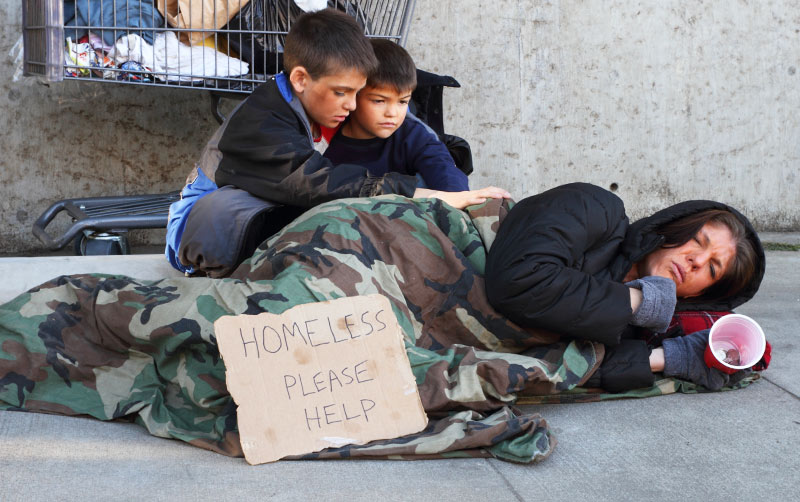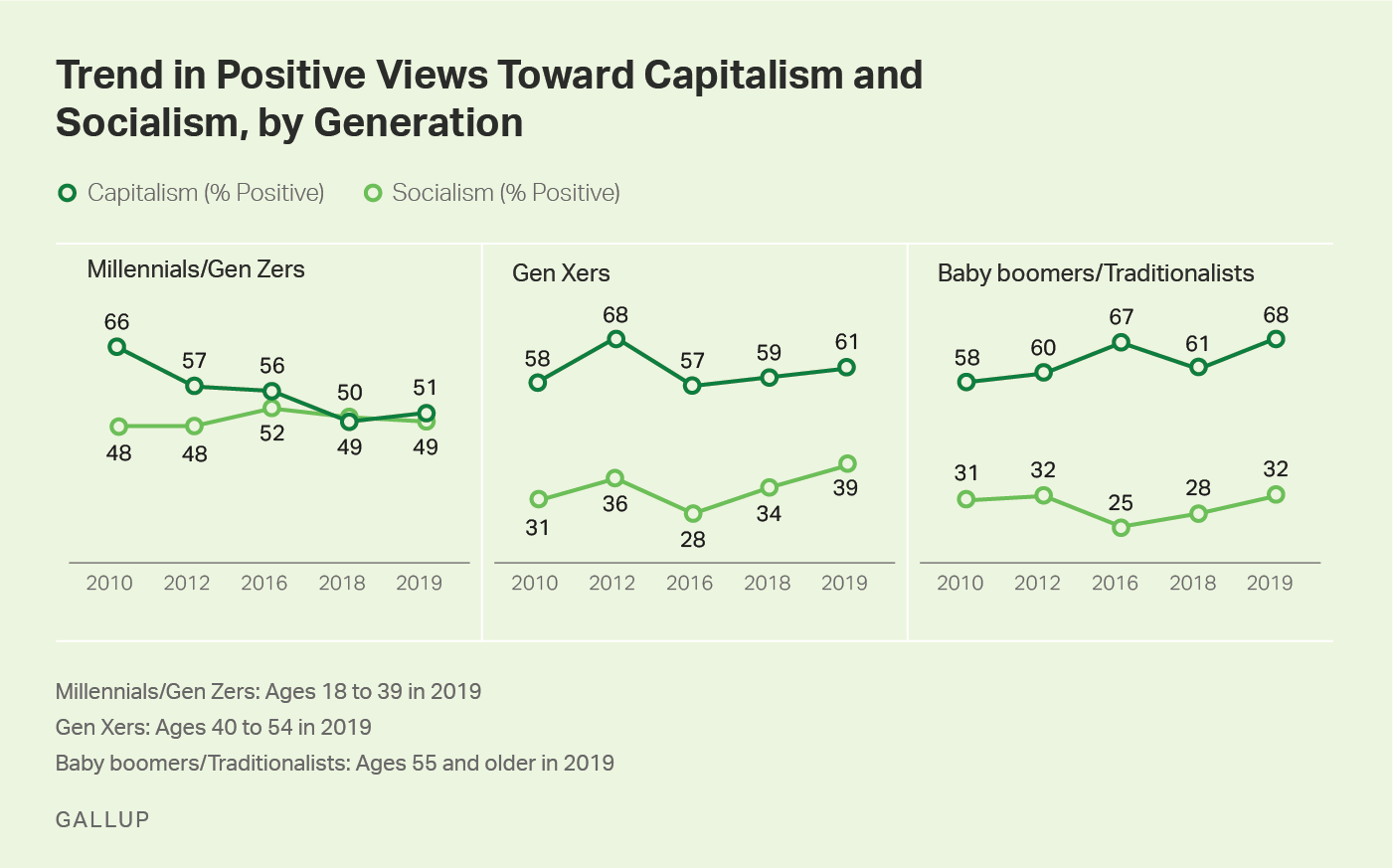Zia Qureshi
May 16, 2023
Income and wealth inequality has risen in many countries in recent decades. Rising inequality and related disparities and anxieties have been stoking social discontent and are a major driver of the increased political polarization and populist nationalism that are so evident today. An increasingly unequal society can weaken trust in public institutions and undermine democratic governance. Mounting global disparities can imperil geopolitical stability. Rising inequality has emerged as an important topic of political debate and a major public policy concern.
High and rising inequality
Current inequality levels are high. Contemporary global inequalities are close to the peak levels observed in the early 20th century, at the end of the prewar era (variously described as the Belle Époque or the Gilded Age) that saw sharp increases in global inequality.
Over the past four decades, there has been a broad trend of rising income inequality across countries. Income inequality has risen in most advanced economies and major emerging economies, which together account for about two-thirds of the world’s population and 85 percent of global GDP (Figure 1). The increase has been particularly large in the United States, among advanced economies, and in China, India, and Russia, among major emerging economies.
Figure 1. Inequality has risen in most advanced and major emerging economies
Richest 10% income share, 1980-2020
Source: Author, using data from World Inequality Database.
Note: Pre-tax national income. Some data points are extrapolated.
Beyond these groups of countries, the trend in the developing world at large has been more mixed, but many countries have seen increases in inequality. In regions such as Latin America, the Middle East and North Africa, and sub-Saharan Africa, income inequality levels on average have been relatively more stable, but inequality was already at high levels in these regions—the highest in the world.
Wealth inequality within countries is typically much higher than income inequality. It has followed a rising trend across countries since around 1980, similar to income inequality.
Higher wealth inequality feeds higher future income inequality through capital income and inheritance.
The increase in inequality has been especially marked at the top end of the income distribution, with the income share of the top 10 percent (and even more so that of the top 1 percent) rising sharply in many countries. This was so particularly up to the global financial crisis of 2008-09. Those in low- and middle-income groups have suffered a loss of income share, with those in the bottom 50 percent typically experiencing larger losses of income share. These trends in inequality have been associated with an erosion of the middle class and a decline in
intergenerational mobility, especially in advanced economies experiencing larger increases in inequality and a greater polarization in income distribution.
While within-country inequality has been rising, inequality between countries (reflecting per capita income differences) has been falling in recent decades. Faster-growing emerging economies, especially the large ones such as China and India, have been narrowing the income gap with advanced economies.
Global inequality—the sum of within-country and between-country inequality—has declined somewhat since around 2000, with the fall in between-country inequality more than offsetting the rise in within-country inequality. As within-country inequality has been rising, it now accounts for a much larger part of global inequality (about two-thirds in 2020, up from less than half in 1980). Looking ahead, how within-country inequality evolves will matter even more for global inequality.
The interplay between the evolution of within-country inequality and between-country inequality, coupled with the differential growth performance of emerging and advanced economies, in recent decades presents an interesting picture of middle-class dynamics at the global level (as depicted by the well-known “
elephant curve” of the incidence of global economic growth). It shows, for the period since 1980, a rising middle class in the emerging world and a squeezed middle class in rich countries. It also shows an increasing concentration of income at the very top of the income distribution globally.
Drivers of rising inequality
Shifting economic paradigms are altering distributional dynamics. Transformative technological change, led by digital technologies, has been reshaping markets, business models, and the nature of work in ways that can increase inequality within economies. While the specifics differ across countries, this has been happening broadly through three channels: more unequal distribution of labor income with rising wage inequality as technology shifts labor demand from routine low- to middle-level skills to new, higher-level skills; shift of income from labor to capital with increasing automation and a decoupling of wages from firm profitability; and more unequal distribution of capital income with rising market power and economic rents enjoyed by dominant firms in increasingly concentrated and winner-takes-all markets.
These dynamics are more evident in advanced economies but could increasingly impact developing economies as the new technologies favoring capital and higher-level skills make deeper inroads there.
Globalization (international trade, offshoring) also has contributed to rising inequality within economies, especially in advanced economies by negatively affecting wages and jobs of lower-skilled workers in tradable sectors. These sectors increasingly extend beyond manufacturing as digital globalization expands the range of activities, including services, deliverable across borders.
In emerging economies, technology is reshaping how international trade affects national inequality. The new technologies, born in advanced economies, are shifting manufacturing and global value chains toward higher capital and skill intensity. Leading manufacturing firms located in emerging economies and engaged in exporting are adopting these technologies in order to be able to compete, diminishing employment generation and wage growth prospects for less-skilled workers from this higher-productivity segment of industry in economies whose factor endowments would warrant less capital- and skill-intensive technologies—and thus limiting the potential of international trade to reduce inequality within these economies by boosting demand for their more abundant factor endowment (less-skilled workers). Meanwhile, smaller firms that absorb most such workers in these economies remain engaged in low-productivity activities, many in the informal economy and in petty service sectors.
Globalization has been a force in recent decades for reducing inequality
between economies by expanding export opportunities for emerging economies and spurring their economic growth. But globalization’s role in promoting international economic convergence faces new challenges as technological change alters production processes and trade patterns (more on this below).
Other broad trends in recent decades affecting the distribution of income and wealth include changes in institutional settings such as economic deregulation, increasing financialization of economies coupled with a high concentration of financial income and wealth, and erosion of labor market institutions such as minimum wage laws and collective bargaining. Moreover, the redistributive role of the state has been weakening with declining tax progressivity and with transfer programs facing the pressure of tighter fiscal constraints.
Role of public policy
Large and persistent increases in inequality within economies are not an inevitable consequence of forces such as technological change and globalization. Much depends on how public policy responds to the new dynamics that these forces generate. In the midst of these common forces of change, the rise in inequality has been uneven across countries.
The difference lies largely in countries’ institutional and policy settings and how they have responded. In general, looking across countries, public policy has been behind the curve. It has been slow to rise to the new challenges to promote more inclusive outcomes from economic change.
Public policy to reduce inequality is often viewed narrowly in terms of redistribution―taxes and transfers. This is indeed an important element, especially in view of the erosion of the state’s redistributive role in recent decades. But there is a much broader
policy agenda of “predistribution” that can make the growth process itself more inclusive and produce better market outcomes—by promoting wider access to new opportunities for firms and workers and enhancing their capabilities to adjust as market dynamics shift.
This latter agenda of reforms spans competition policy and regulatory frameworks to keep markets competitive and inclusive in the digital age; innovation ecosystems and technology policies to put innovation to work for broader groups of people; digital infrastructure and literacy to reduce the digital divide; education and (re)training programs to upskill and reskill workers while addressing inequalities in access to these programs; and labor market policies and social protection systems to enable workers to obtain a fair share of economic returns and to support them in times of transition. In many of these reform areas, the new dynamics that economies are facing call for fresh thinking and significant policy overhaul.
Outlook for inequality
Absent more responsive policies to combat inequality, the current high levels of inequality are likely to persist or even rise further. Artificial intelligence and related new waves of digital technologies and automation could increase inequality further within countries. Even as new technologies increase productivity and produce greater economic affluence, and new jobs and tasks emerge to replace those displaced and so prevent large technological unemployment, inequality could reach much higher levels. The economic fallout of the
COVID-19 pandemic has reinforced some of the inequality-increasing dynamics.
Also, a high and increasing concentration of wealth can exacerbate income inequality in a mutually reinforcing cycle.
Technological change also poses new challenges to global
economic convergence that has reduced inequality between countries in the past couple of decades. Faster growth in emerging economies led by export of manufactures has depended greatly on their comparative advantage in labor-intensive manufacturing based on large populations of low-skill, low-wage workers. This source of comparative advantage increasingly will erode as automation of low-skill work expands. Emerging economies face the challenge of recalibrating their growth models as technology disrupts traditional pathways to growth and development.
Emerging economies’
growth prospects also face other headwinds, including the scarring effects of the pandemic and global supply chain disruptions exacerbated by the war in Ukraine and an unsettled global geopolitical environment, which would hit the more trade-dependent economies harder. If growth in emerging economies falters, the decline in between-country inequality will slow, which could stall or even reverse the modest decline in global inequality observed since about 2000 if within-country inequality continues to mount.
Climate change is another factor that could worsen inequality within and between countries. Low-income groups and countries are more vulnerable to the impacts of climate change and have less capacity to cope with them.
Conclusion
Income and wealth inequality is elevated. In the absence of policies to counter recent trends, inequality could rise to still higher levels. High and rising inequality entails adverse economic, social, and political consequences. Policymakers must pay more attention to the changing distributional dynamics in the digital age and harness the forces of change for more inclusive prosperity.
History tells us that large and unabated rises in inequality can end up badly.
https://www.brookings.edu/articles/rising-inequality-a-major-issue-of-our-time/
@panamaican @Sinister - Can you guys turn-off the bold?





